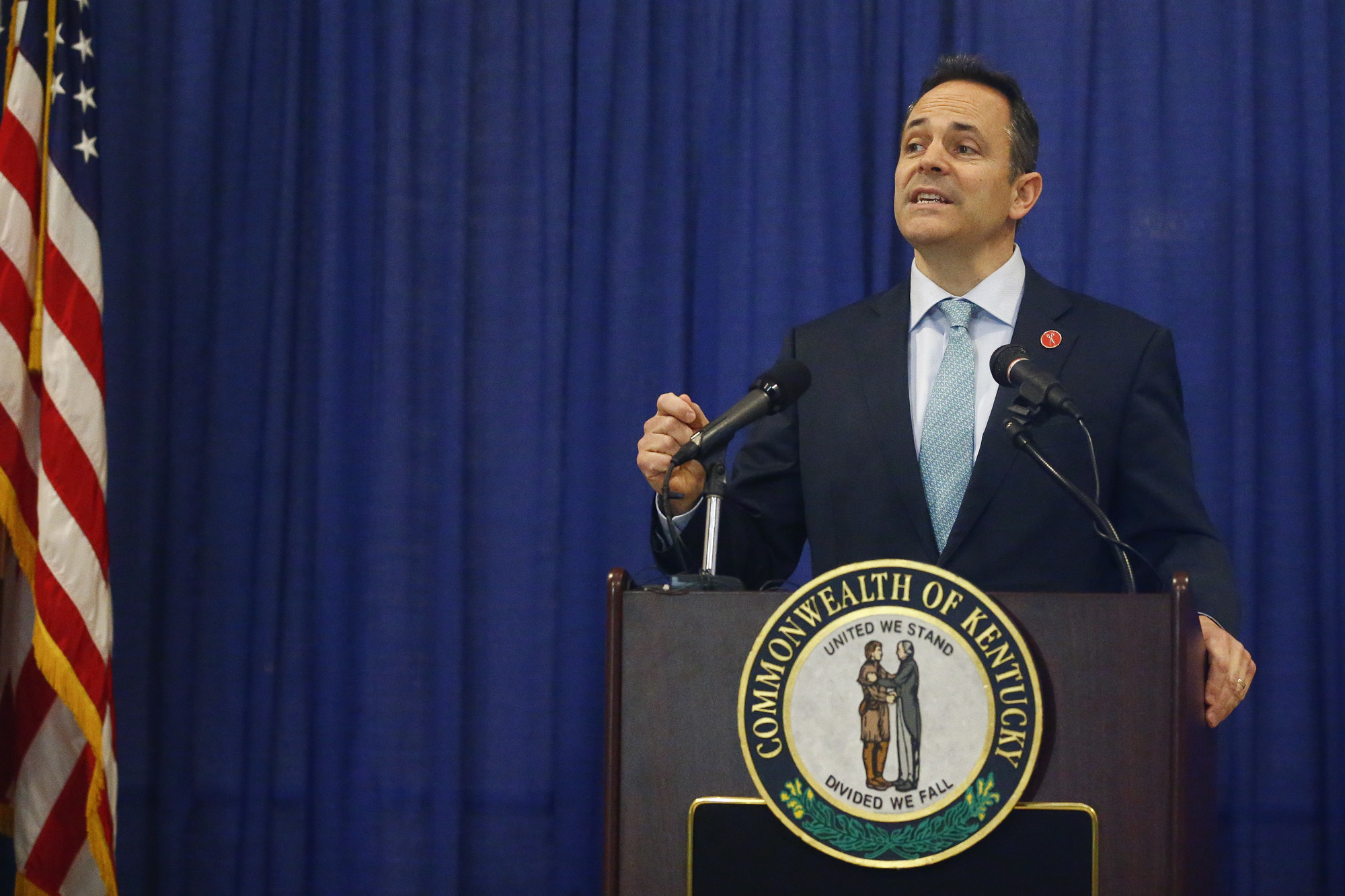
The state of Kentucky has become the first to adopt the Trump administration’s new policy of imposing work requirements as a precondition of receiving Medicaid benefits.
Consequently, residents of Kentucky who are on Medicaid and considered healthy enough to work, must now comply with certain requirements to receive the health care provided by the government program.
The Trump administration announced on January 11 that states could impose work requirements on Medicaid recipients. One day later, the Center for Medicare and Medicaid Services approved a waiver for Kentucky adopting that new policy for the next five years. Under the program, which officially starts in July, Medicaid beneficiaries between the ages of 19 and 64 who do not meet exemption requirements must complete at least 80 hours per month of “community engagement,” which includes work, school, job skills training, or community service. If they do not complete the requirements, Medicaid eligibility will be suspended. The program exempts several categories of recipients, including pregnant women, those diagnosed as “medically frail,” primary caregivers, and former foster care youth.
“It will be transformational,” Kentucky Governor Matt Bevin said in an announcement Friday. “Transformational in all the right ways, in good ways, in powerful ways.”
More than 2 million people are on Medicaid in Kentucky, according to the Kaiser Family Foundation, which is nearly one quarter of the state’s population. Kentucky was among the 33 states to adopt the Medicaid expansion program that is a cornerstone of the Affordable Care Act enacted under the Obama administration, but Bevin has been seeking to implement these changes since he was elected in 2015.
Bevin also defended the program from criticism that it was essentially punishing lower income people, and insisted that the program will only impact those who are physically able to work. The recipients of the program who are unable to comply with the new regulations, he said, will remain unaffected.
“This idea that somehow we are punishing people, that this will be a detriment to people I think is a huge huge misunderstanding of what people need,” he said, noting that he himself came from a low-income family. “There is dignity associated with owning the value of something you receive.”
More Must-Reads from TIME
- Donald Trump Is TIME's 2024 Person of the Year
- Why We Chose Trump as Person of the Year
- Is Intermittent Fasting Good or Bad for You?
- The 100 Must-Read Books of 2024
- The 20 Best Christmas TV Episodes
- Column: If Optimism Feels Ridiculous Now, Try Hope
- The Future of Climate Action Is Trade Policy
- Merle Bombardieri Is Helping People Make the Baby Decision
Write to Alana Abramson at Alana.Abramson@time.com